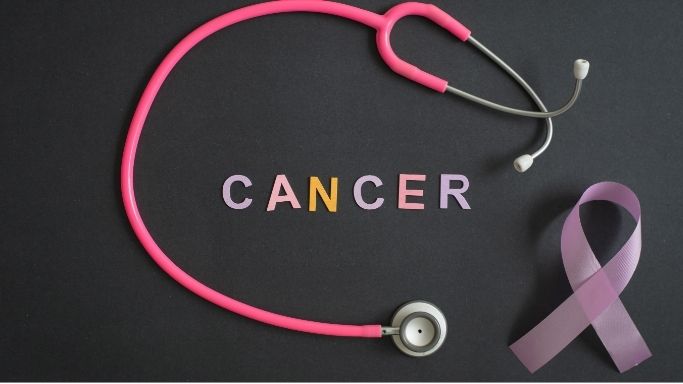FYH News TV
In Case You Missed It: Watch Day 1 of the 2025 NMQF Leadership Summit
The 2025 NMQF Leadership Summit on Health Disparities kicked off with a powerful start on Day 1, featuring expert voices from across the healthcare...
NMQF’s Leadership Summit Kicks Off with Energy and Inspiration
The NMQF Leadership Summit officially kicked off yesterday — and it began with a bang! The day was packed with powerful conversations, groundbreaki...
Celebrating National Minority Health Month: NMQF Leads the Charge for Equity
Every April, National Minority Health Month shines a spotlight on the urgent need to improve the health and wellness of racial and ethnic minority ...
Hope, Action, and Awareness: Fighting ATTR-CM Together
On April 1st, NMQF brought together leading experts and a passionate caregiver advocate to spotlight Transthyretin Amyloid Cardiomyopathy (ATTR-CM)...
Houston's Fifth Ward Exposed: The Hidden Toxic Legacy and Community Resilience
Once a thriving center of Black entrepreneurship and cultural strength, Houston’s Fifth Ward now stands as a stark reminder of environmental neglec...
Data Equity Webinar: Enhancing Healthcare Accessibility through Data Education and Research
The “Data Equity: Promoting Data Education and Research to Improve Access to Care” webinar, organized by the National Minority Quality...
Trending Topics
Features
- Drive Toolkit
Download and distribute powerful vaccination QI resources for your community.
- Health Champions
Sign up now to support health equity and sustainable health outcomes in your community.
- Cancer Early Detection
MCED tests use a simple blood draw to screen for many kinds of cancer at once.
- PR
FYHN is a bridge connecting health information providers to BIPOC communities in a trusted environment.
- Medicare
Discover an honest look at our Medicare system.
- Alliance for Representative Clinical Trials
ARC was launched to create a network of community clinicians to diversify and bring clinical trials to communities of color and other communities that have been underrepresented.
- Reducing Patient Risk
The single most important purpose of our healthcare system is to reduce patient risk for an acute event.

















